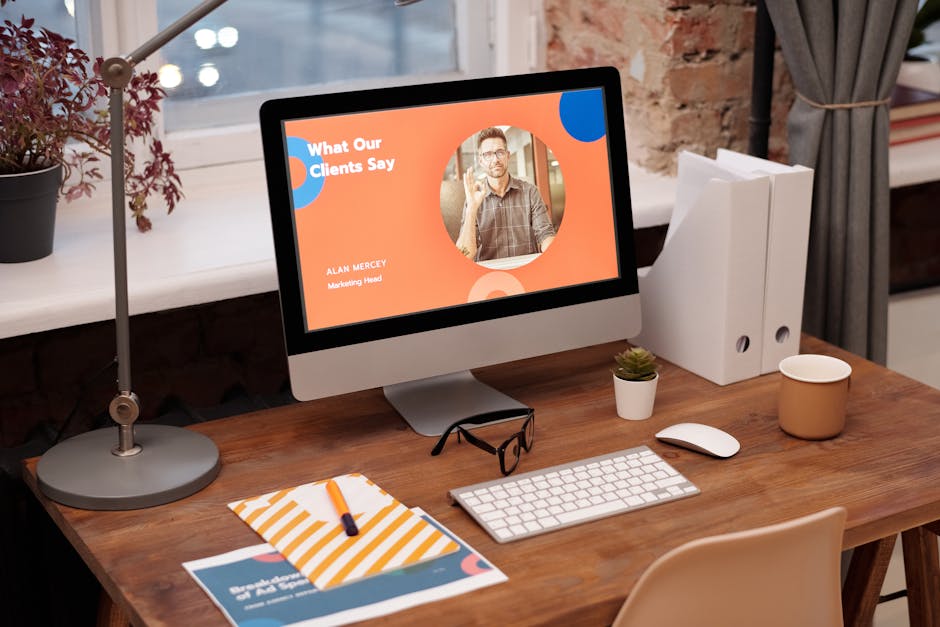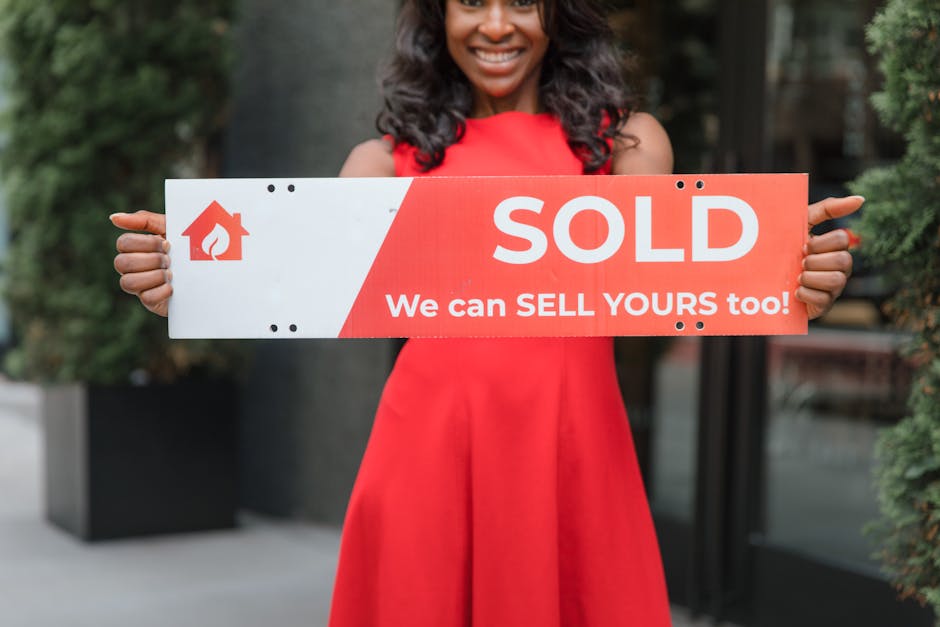How to Monetize Your Website Profitably in 2021💡 (Hint: Not With AdSense)
- Whenever you see an advertisement for a service that is offering you the ability to build an online business in just a few steps, and then start making money almost immediately, does it seem just a little too good to be true? It should. Hello, I'm Paul Buckingham, roving ambassador for Solo Build It!. In the first of a revealing series featuring real life stories from everyday people with financially successful online businesses, we begin to demonstrate the realities of making money on the web.
- Google Ads for grammar are very, very cheap. You get part of a cent for each click. - You'll learn from real people, not actors, with real results. And most importantly, you'll learn what you can do to follow in their successful footsteps. - I had a hard time finding really applicable I guess affiliate products for my audience.
- In this first episode, we feature Elizabeth O'Brien from grammarrevolution.com. She bypassed the traditional and very common services like Google AdSense and Amazon in order to create a financial independent future for her family.
- We have been able to live off of the website for at least the last five years. It's given us the freedom to be together during the day, which has been amazing.
- So how did this happen? There were two steps, and the details are coming up next. So how did Elizabeth reach the position of being able to enable her family to live off the income of the online business for five years? All this without the traditional methods of Google and Amazon.
Grammarrevolution.com is dedicated to enabling people to learn and teach grammar in an easy way using a method called sentence diagramming. There are two key steps to her success. The first step was creating quality content related to grammar and sentence diagramming using the unique tools for online business owners developed by Solo Build It!. Following that process has brought her between 15 and 30 thousand visitors a day.
That's free, organic traffic supplied by the search engines such as Google. And it's not just in one day or one month or some fluke, it's year after year. - First of all I should say in Solo Build It! they bring you through a process to have you look at whatever your idea is kind of from different angles, as well as other ideas. And so I found that what I was interested in had enough supply and demand for me to pursue.
But I did come to Solo Build It! with an idea to build a website educating people about grammar with sentence diagrams. Just because in my past, I had such a negative experience with sentence diagrams and with grammar. And I knew that I could be better, I knew that people could learn this stuff pretty quickly and pretty easily if they just learned about it. And so I wanted to provide that.
And it was something that I didn't see anywhere else. So I was motivated and it seemed like there was a market there. - So how were you able to confirm that there was a market? - Yeah, that's definitely something that I was able to find out through the tools in Solo Build It!.
So when I was going through the education, the action guide, when I got to a certain point, I had to research all of these terms to see if there would be enough for me to provide information. Now, it's funny because people aren't looking for sentence diagramming. That's one of the things and it's a lost art. So, when I-- - Amazing. - Yeah, so but when I was looking at the numbers, there were people searching for what is an adjective, what is a noun?
Things that I knew I could write a compelling article to help people learn this stuff. And then I could also show them hey, if you learn it this way with these sentence diagrams, it's going to make it easier. - So part one of Elizabeth's success story was knowing that she had a subject area that was in high demand with very little real competition, a key element in a successful business.
So what was part two? Well here we come to monetization.
In Solo Build It!, we talk a lot about the need for passion to drive a successful online business. Not only was Elizabeth's content really demonstrating her passion, but the same approach also applied to her monetization strategy. It's quite interesting, even in an online business, and a bricks and mortar business, there can be surprises. She wasn't finding that affiliate products and pay-per-click traditional sources of revenue were working, so what to do?
Well, she'd built up such a relationship with her customers, they told her. - I thought I would have, I thought I was gonna monetize with Google Ads and Amazon affiliate links. But it turns out that Google Ads for grammar are very, very cheap. You get part of a cent for each click. So that wasn't making very much money.
And the same thing was true for affiliate products I was recommending on Amazon. I had a hard time finding really applicable I guess affiliate products for my audience.

There were books that they weren't written by me, so the person didn't feel like they had that much connection to the book first of all. And then also, I think it like was 4% or something that you got from any purchase through Amazon. So I ended up just doing my own products.
And because people were emailing me actually, they were saying, hey I went through your whole website, this was maybe seven years ago or eight years ago, I went through your whole website and I copied and pasted everything, and I printed it out, but it took me a really long time.
Could you please put it in an eBook and then I would buy it. And then I thought oh, that's how I can monetize this. - So your customers told you what they wanted. - Yeah, which is helpful.
You have to do what they're asking for. And it's something that maybe you wouldn't necessarily predict. - So the key to Elizabeth's financial success has been her own products. These are made up of eBooks, DVDs, and online courses. So how does it work?
- I have one main lead magnet.
It's called The Beginner's Guide to Grammar. At least on the bottom of every page, and then also on my home page. And I do have a couple of other free offers that are a little more focused, but the main one that I have on all the pages is that Beginner's Guide to Grammar. And that appeals to most people who are on the website.
So they sign up to get that, that's just a PDF file. And actually right after they sign up for that, they also see a free offer, a free plus shipping offer for a documentary that my husband and I made about grammar education a few years ago. So, basically we have all of these DVDs and we wanna get them out there.
And so after people sign up, then they see this free plus shipping offer, and then if they go for that, then I send them a DVD, and then a lot of people after watching the DVD are motivated to learn and then maybe they would come back to the site and purchase one of my books or courses. But also, right after someone signs up, they are sent through a welcome sequence of two or three emails.
And in those emails I walk through, I give our most popular content in one of the emails, so I have, there's maybe nine links for people to go to the website. And then I have another email that tells people a little bit more about our biggest course and basically says if you wanna learn this in a more structured way, if you wanna learn it in a more streamlined way, then you should check out this course. And I have some samples, and then they can click on that, and they can purchase it that way. Or people can just come to the website and purchase it right from being on the website. So there are many different funnels I guess.
Some of those are for really low-level products, like a $2.99 download of the word lists of the parts of speech.
And then some of those sales are $139 sales, so there's kind of something for everyone there. - So for somebody that really wants to monetize, is creating products a path that you definitely recommend? - I would definitely recommend writing your own books, or whatever niche you're in, having your own products.
I think it's great, I have a lot of ownership over them. I love having my own product because part of it too, like I was saying before, is you build that rapport with the person, and they already kind of know a little bit what your book, or what your course, or whatever the thing is is going to be like because they have met you on the pages of your website.
- It sounds like a great relationship to have with your future customers. What kind of relationship would you like with your customers? Only after you've really developed quality relationships can you expect an online visitor to buy.
They trust you, they feel like they know you, and they're willing to take that next step. Solo Build It! calls this process PREselling. Too many people make the mistake and try to start with the monetizing, and wonder why they don't earn any income. If you follow Solo Build It!
's proven success formula, you'll be amazed how well you can monetize in a variety of ways.
Come visit us at Solo Build It!. Discover what it's like to build a website that becomes a successful online business that means something to you, that attracts traffic from people that are looking for exactly the quality and the information that you have. And perhaps most importantly, transforms your financial security now and well into the future.
Thank you for watching..
http://josebaezky.ezpayjobs.hop.clickbank.net
Thanks for your visit!
https://youtu.be/Af4vnkDb-0E
https://bit.ly/3lZRKjO



